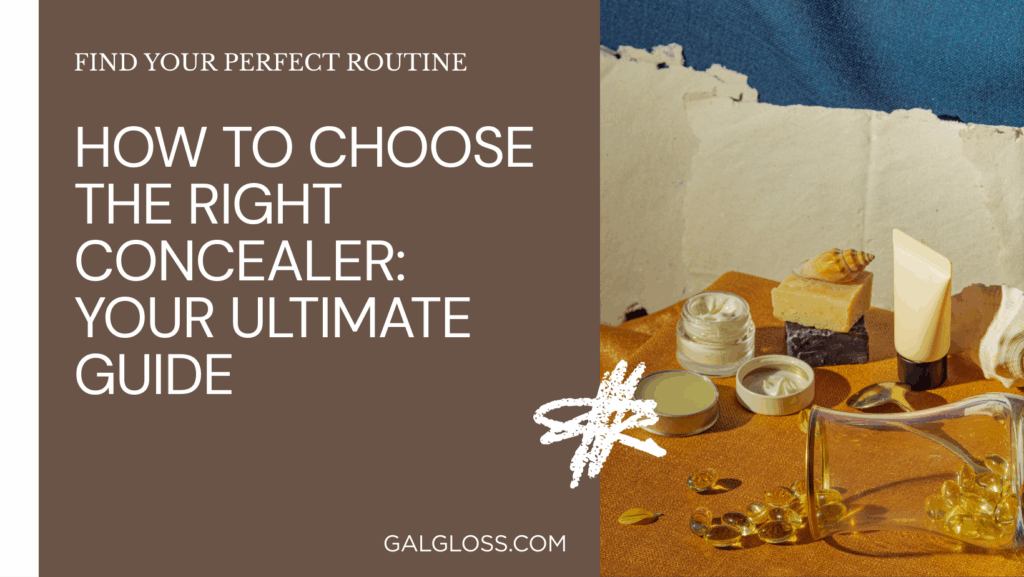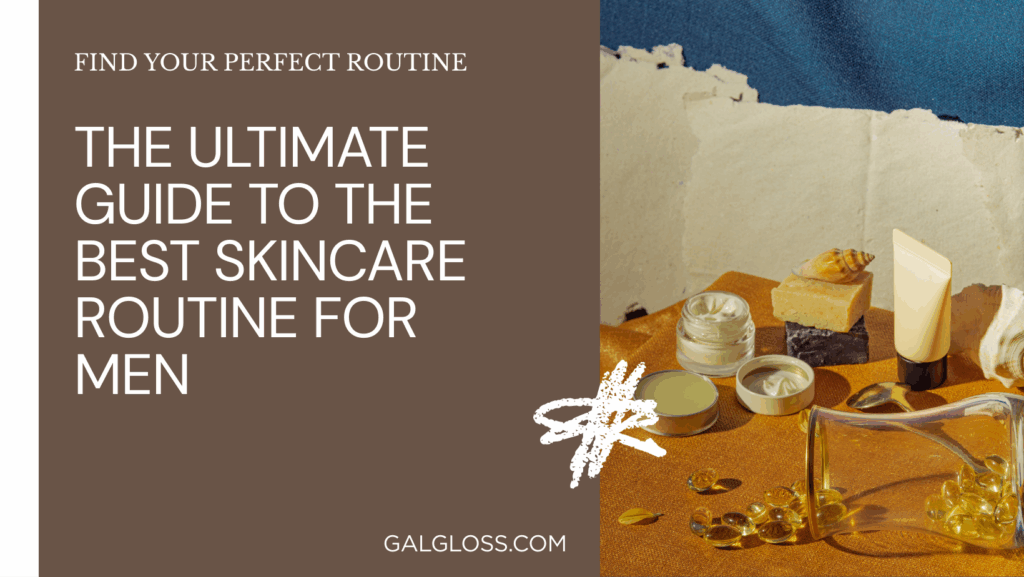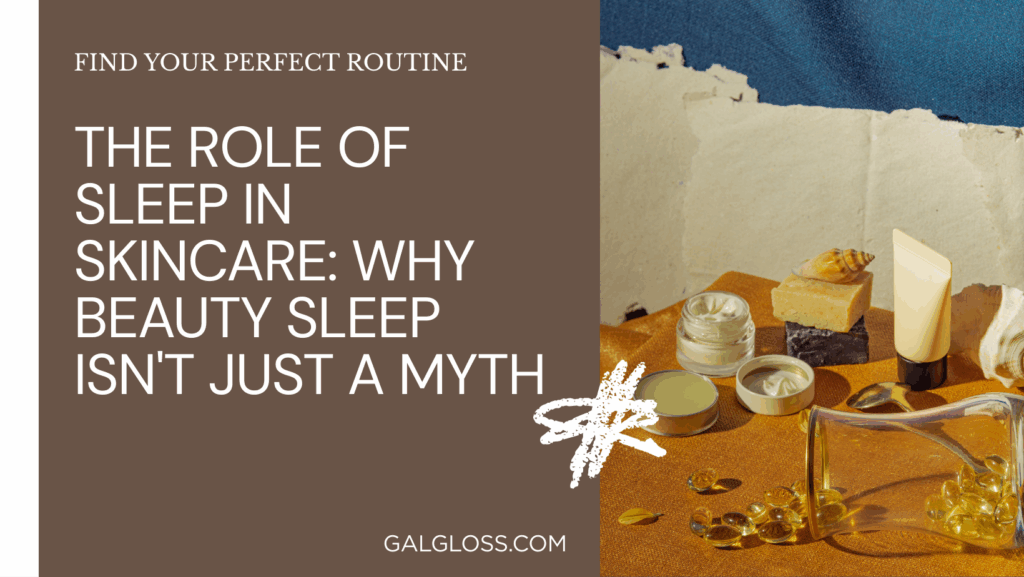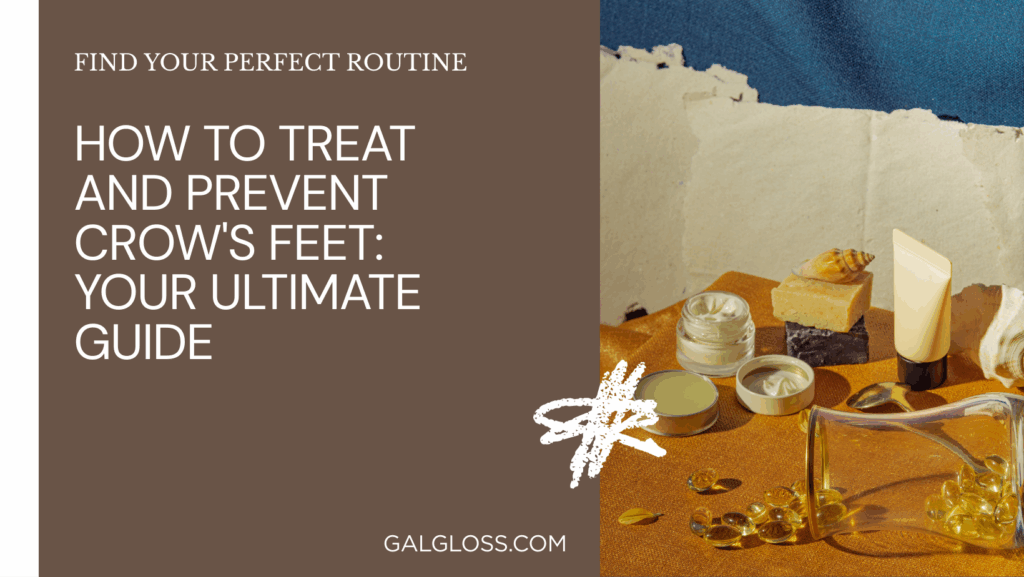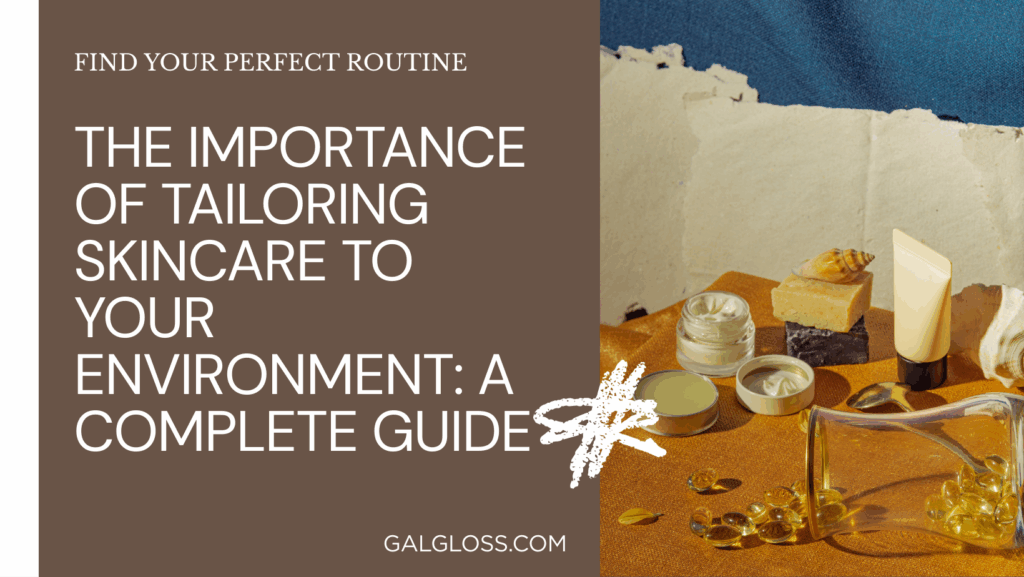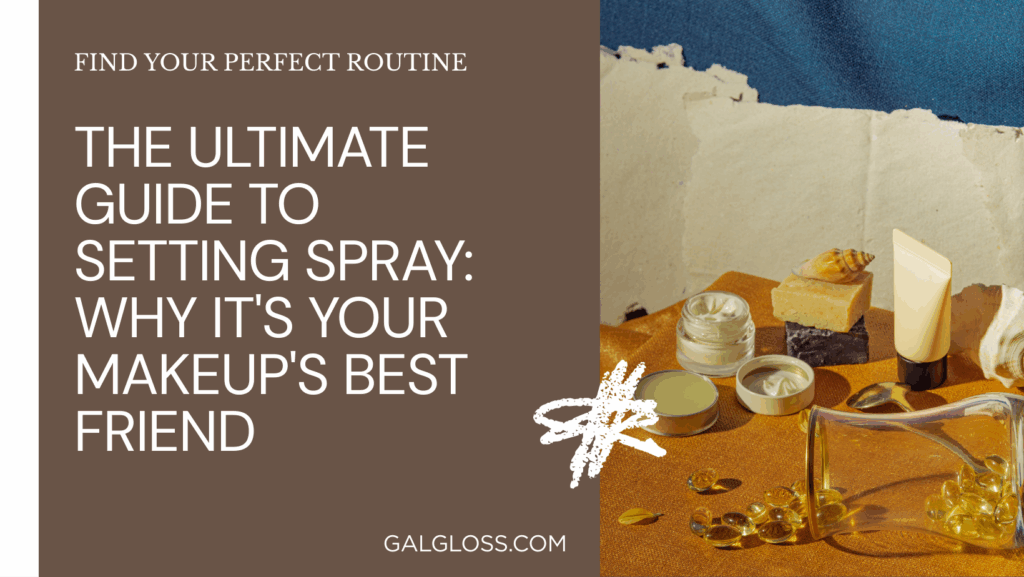Ever wondered why your makeup slides off by lunchtime? Or why those pesky pores seem to peek through no matter how much foundation you pile on? Well, let me let you in on a little secret: it’s all about that base. And no, I’m not talking about the catchy song – I’m talking about face primer!
What’s the Deal with Face Primer?
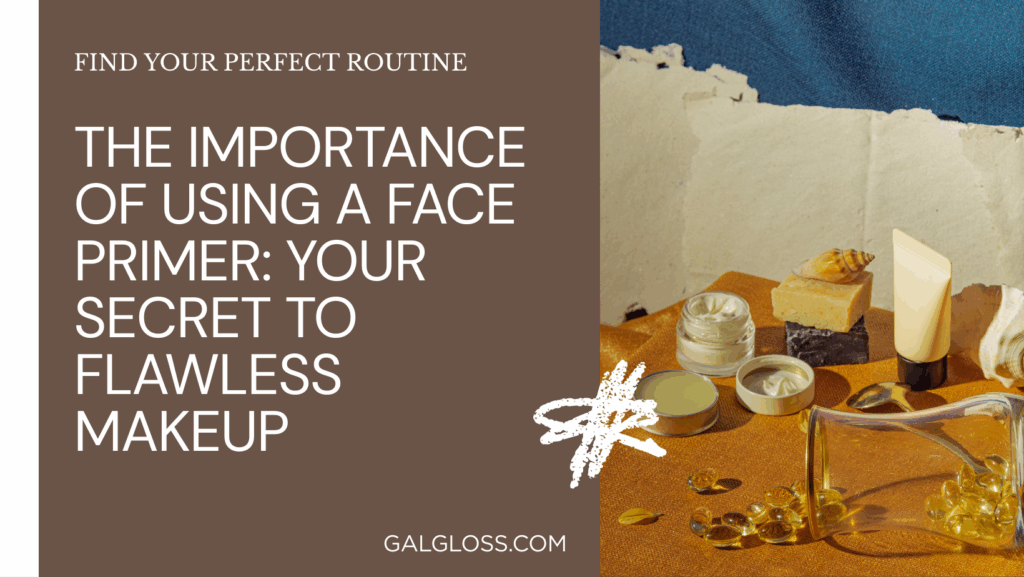
Think of face primer as the superhero sidekick to your makeup routine. It’s that unsung hero that creates the perfect canvas for your foundation, concealer, and powder to shine (or mattify, if that’s your jam). But what exactly is this magical potion?
Face primer is a pre-foundation product that goes on after your skincare routine but before your makeup. It’s like laying down a smooth tarmac before painting the road markings. Without it, you’re basically trying to apply makeup on a bumpy dirt track – and we all know how that story ends!
Why Should You Care?
Now, you might be thinking, “Do I really need another step in my already lengthy morning routine?” Trust me, once you experience the transformative power of a good face primer, you’ll wonder how you ever lived without it. Here’s why:
- Smooth operator: Primer fills in fine lines, wrinkles, and pores, creating a flawlessly smooth surface for your makeup.
- Makeup marathon: It helps your makeup stay put from dawn ’til dusk (or dusk ’til dawn, we don’t judge).
- Skin savior: Many primers come packed with skincare benefits, like hydration or oil control.
- Imperfection blurrer: It’s like a real-life Instagram filter, blurring out imperfections and giving you that “I woke up like this” glow.
What Does Face Primer Do?
Let’s break it down further. A good face primer is like a magic wand for your skin:
Creates a Smooth Canvas
Imagine trying to paint a masterpiece on a lumpy, uneven surface. Not gonna happen, right? That’s what applying makeup without primer is like. Primer smooths out your skin’s texture, filling in pores, fine lines, and any other little imperfections. The result? A silky-smooth canvas that’s primed (pun intended) for makeup application.
Improves Makeup Longevity
Ever had your makeup pull a disappearing act by midday? Primer acts like a makeup magnet, giving your foundation, blush, and other products something to cling to. This means your carefully crafted look sticks around longer, resisting the effects of sweat, oil, and time.
Blurs Imperfections
While primer isn’t a miracle worker (sorry, it can’t erase that giant zit overnight), it does have some pretty impressive blurring capabilities. It can soften the appearance of pores, fine lines, and minor blemishes, giving your skin a more even, airbrushed look even before you apply foundation.
Types of Face Primers
Not all primers are created equal. Just like how you wouldn’t wear flip-flops to climb a mountain, different skin types and concerns call for different primers. Let’s break it down:
Silicone-based Primers
These are the OG primers. They’re great for:
- Smoothing out texture
- Filling in pores
- Creating a barrier between your skin and makeup
Best for: Oily skin, large pores, or uneven texture
Water-based Primers
These are like a tall drink of water for your face. They’re perfect for:
- Hydrating dry skin
- Giving a natural, dewy finish
- Lightweight feel
Best for: Dry or normal skin
Color-correcting Primers
These are the superheroes of the primer world. They come in different shades to tackle specific issues:
- Green: Neutralizes redness
- Purple: Brightens sallow skin
- Pink: Gives a healthy glow
Best for: Specific skin tone issues
Illuminating Primers
Want to glow like you’re lit from within? These primers:
- Add a subtle shimmer
- Give a radiant finish
- Can be used alone for a natural glow
Best for: Dull skin or when you want a luminous look
Pore-minimizing Primers
If you could shrink your pores, wouldn’t you? These primers:
- Fill in and blur pores
- Often have a matte finish
- Can be used just on problem areas
Best for: Oily skin or visible pores
How to Choose the Right Face Primer
Picking the perfect primer isn’t rocket science, but it does require a bit of know-how. Here’s how to find your primer soulmate:
Consider Your Skin Type
- Oily skin? Look for mattifying or pore-minimizing primers.
- Dry skin? Hydrating, water-based primers are your BFF.
- Combination skin? You might need to cocktail different primers for different areas.
Identify Your Main Skin Concerns
- Large pores? Pore-minimizing primer to the rescue.
- Redness? Color-correcting green primer’s got your back.
- Dullness? Illuminating primer will perk you right up.
Match Primer to Your Foundation
Water-based foundation? Stick with a water-based primer. Silicone-based foundation? Go for a silicone-based primer. Mixing and matching can lead to pilling or separation – not cute.
Step-by-Step Guide: Applying Face Primer
Now that you’ve got your primer picked out, let’s talk application. It’s not rocket science, but there are a few tricks to getting it just right:
- Cleanse and moisturize: Start with clean, moisturized skin. Let your moisturizer sink in for a few minutes before moving on.
- Dispense the right amount: A little goes a long way. Start with a pea-sized amount – you can always add more if needed.
- Apply with fingers or brush: Warm the primer between your fingers and pat it onto your skin, or use a flat foundation brush for a super-smooth application.
- Allow primer to set: Give it a minute to sink in before moving on to foundation. This ensures it creates that perfect base.
Top Benefits of Using Face Primer
Still not convinced? Let’s break down the top perks of adding primer to your routine:
Extended Makeup Wear
We’ve all been there – you spend ages perfecting your makeup, only for it to pull a Houdini by lunchtime. Primer acts like makeup glue, helping your carefully crafted look stick around from morning coffee to after-work drinks.
Smoother Skin Texture
Primer fills in all those little nooks and crannies on your skin’s surface. The result? A smoother-than-smooth canvas that makes your foundation look flawless.
Enhanced Foundation Application
Ever noticed your foundation looking patchy or uneven? Primer creates a uniform surface for your foundation to glide on, resulting in a more even, natural-looking finish.
Oil Control
For my oily-skinned friends, primer can be a game-changer. Many formulas help absorb excess oil throughout the day, keeping that dreaded midday shine at bay.
Protection from Environmental Stressors
Some primers contain ingredients like antioxidants that create a barrier between your skin and environmental nasties like pollution. It’s like a shield for your face!
Common Mistakes to Avoid
Even makeup pros can slip up sometimes. Here are some primer pitfalls to watch out for:
Using Too Much Primer
Remember, less is more. Using too much primer can lead to pilling or make your makeup slide off. Start with a small amount and build up if needed.
Applying Primer Incorrectly
Don’t rub primer in like moisturizer. Instead, pat it gently into the skin. This ensures even coverage and prevents disturbing your skincare underneath.
Choosing the Wrong Formula
Using a silicone-based primer with a water-based foundation (or vice versa) can cause your makeup to separate or pill. Always check the ingredients!
Face Primer vs. Other Makeup Base Products
Confused about the difference between primer and other base products? Let’s clear things up:
Primer vs. Moisturizer
While both hydrate, primer creates a smooth base for makeup. Moisturizer sinks into the skin, while primer sits on top.
Primer vs. BB/CC Cream
BB and CC creams offer light coverage and skincare benefits. Primer doesn’t provide coverage but creates an optimal surface for other products.
DIY Face Primer Alternatives
On a budget or love a good DIY? Try these natural primer alternatives:
- Aloe vera gel: Smooths and hydrates
- Milk of magnesia: Great for oily skin
- Coconut oil: For dry skin (but be cautious if you’re acne-prone)
When to Skip Face Primer
Believe it or not, there are times when you might want to skip the primer:
- When you’re going for a super-natural, no-makeup look
- If you’re using a tinted moisturizer or BB cream that already has primer-like properties
- When your skin is having a really good day and doesn’t need any extra help
Frequently Asked Questions
Can I wear primer without makeup?
Absolutely! Primer alone can give your skin a smoothed-out, pore-minimized look.
How often should I use face primer?
You can use it daily if you like, but it’s not necessary for days when you’re not wearing makeup.
Can primer clog pores?
Some can, especially if you don’t remove your makeup properly. Look for non-comedogenic formulas if you’re prone to breakouts.
Conclusion
So, there you have it – the lowdown on face primer. From smoothing out your skin to making your makeup last longer, primer is that secret weapon in your beauty arsenal that can take your look from “meh” to “marvelous.”
Remember, finding the right primer might take some trial and error. But once you find your perfect match, you’ll wonder how you ever lived without it. It’s like finding the perfect pair of jeans – when you know, you know.
Whether you’re a makeup newbie or a seasoned pro, incorporating a face primer into your routine can elevate your makeup game to new heights. So why not give it a shot? Your skin (and your selfies) will thank you.
Now go forth and prime, my friends. Your flawless face awaits!
